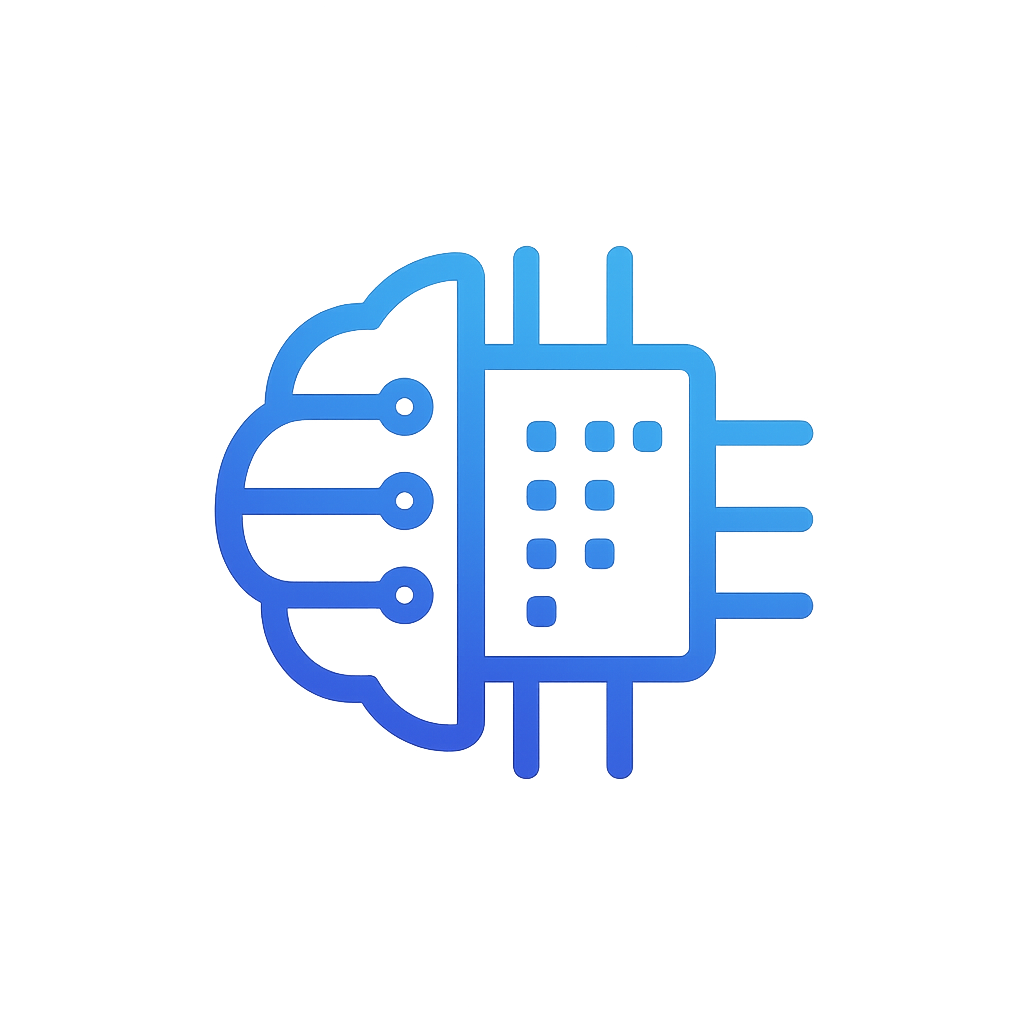AI Image Generation
Explore the exciting world of AI image generators that can create stunning visuals from text descriptions. Turn your ideas into artwork, realistic photos, logos, and more with these powerful text-to-image tools.
Leading AI Image Generation Tools
ChatGPT Image Generation
Generate images directly within the ChatGPT interface, leveraging GPT-4o's understanding and DALL-E 3's generation capabilities.
- Conversational image creation and refinement
- Leverages GPT-4o's advanced understanding
- Excellent at following detailed prompts
- Free tier available with usage limits
Midjourney
Discord-based AI art generator known for beautiful, artistic results with a distinctive aesthetic. Now using V6.1.
- Highly artistic and stylized outputs (V6.1)
- Strong community support via Discord
- Features like Vary Region, Style/Character Reference
- Multiple generation modes (Relax, Fast, Turbo)
Stable Diffusion
Open-source AI image generator with numerous interfaces, models, and customization options.
- Highly customizable with many models (SDXL, etc.)
- Can run locally on your computer (requires setup)
- Strong community & continuous development
- Available via many web interfaces (e.g., DreamStudio)
Adobe Firefly
Adobe's AI image generator designed for commercial use and integrated with Creative Cloud apps.
- Trained on Adobe Stock; designed for commercial safety
- Integration with Photoshop, Express, Illustrator
- Features like Generative Fill, Text to Vector
- Focuses on creative workflows
Google Imagen 3 (via Vertex AI)
Google's latest high-quality text-to-image model, excelling in photorealism, prompt understanding, and text rendering.
- Excellent photorealism and detail
- Improved prompt adherence (Imagen 3)
- Good text rendering within images
- Accessible via Google Cloud Platform (Vertex AI)
- Includes editing features (inpainting, etc.)
FLUX.1
Advanced open-weight text-to-image model series from Black Forest Labs, rivaling closed-source competitors.
- Multiple variants (Pro, Dev, Schnell) for different needs
- Excellent prompt adherence and visual quality
- Open-weight options available (Dev, Schnell)
- Offers FLUX.1 Tools for advanced editing/control
Tips for Better AI Image Prompts
Prompt writing is essential for getting good results from AI image generators. Be specific about style, lighting, composition, and subject details. For example, instead of "a cat," try "a fluffy orange tabby cat sitting on a windowsill at sunset, soft lighting, studio ghibli style, detailed fur." For more detailed information, check our guide to AI image generators.
Common Uses for AI Image Generation
Digital Art & Illustration
Create stunning digital artwork in various styles, from photorealistic to stylized illustrations, concept art, character designs, and imaginative scenes that would be time-consuming to create manually.
Marketing & Social Media
Generate eye-catching social media graphics, blog post headers, advertisements, and marketing materials quickly and at a fraction of traditional design costs.
Product Visualization
Visualize product concepts, create mockups, and generate images of products in various settings or contexts without expensive photo shoots or 3D modeling.
Logo & Brand Elements
Create initial concepts for logos, icons, and brand elements that can serve as inspiration or starting points for finalized designs with proper refinement.
Understanding Limitations
While AI image generators are powerful, they have important limitations to keep in mind:
- Copyright & Commercial Use: Check each platform's terms about commercial usage rights.
- Accuracy: AI may struggle with specific details like correct text, proper anatomy, or consistent elements.
- Bias: AI models reflect biases in their training data, which may appear in generated images.
- Ethical Considerations: Be mindful about generating images of real people or potentially harmful content.
